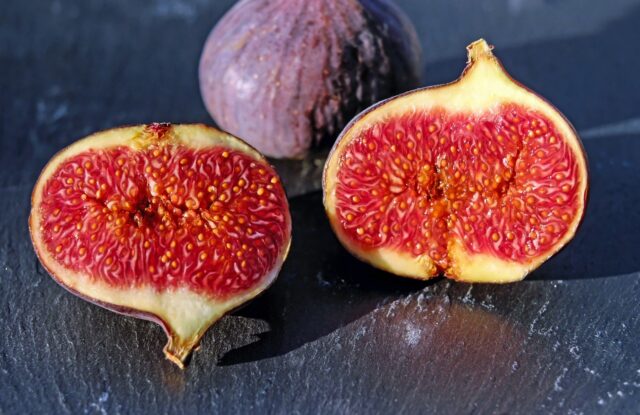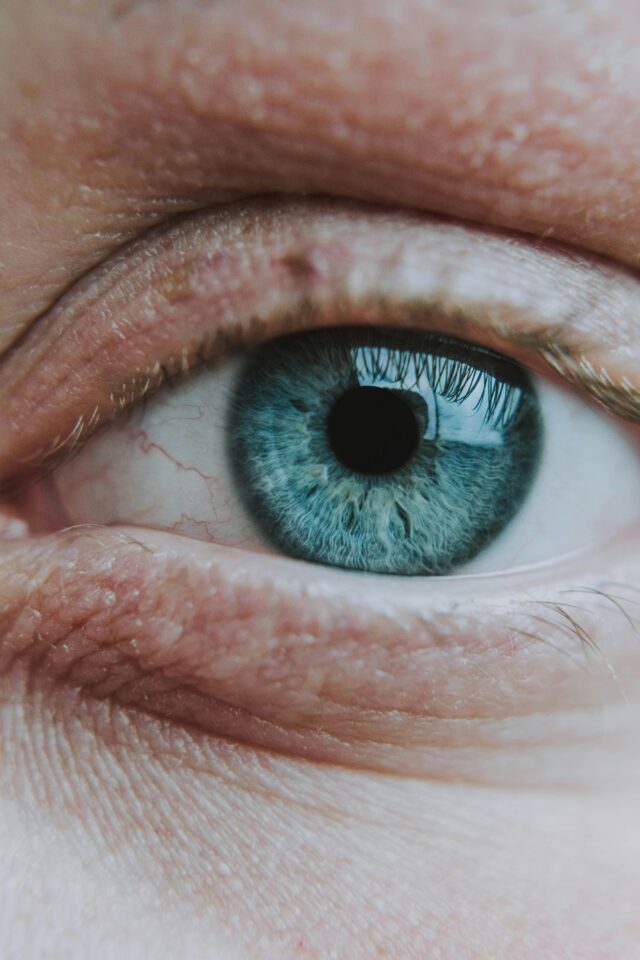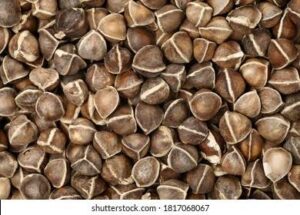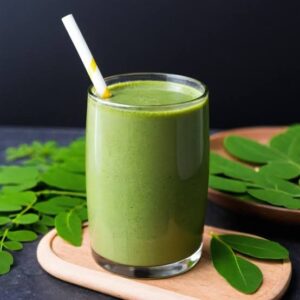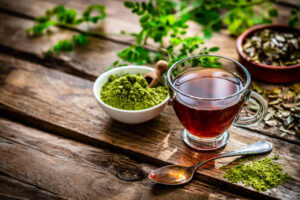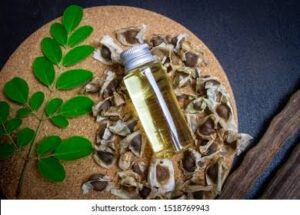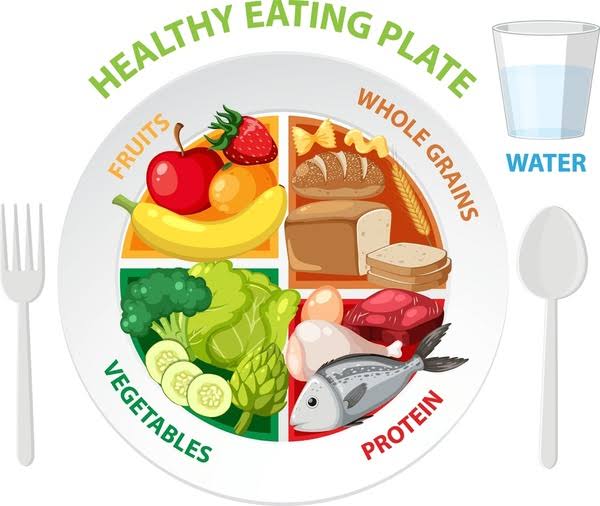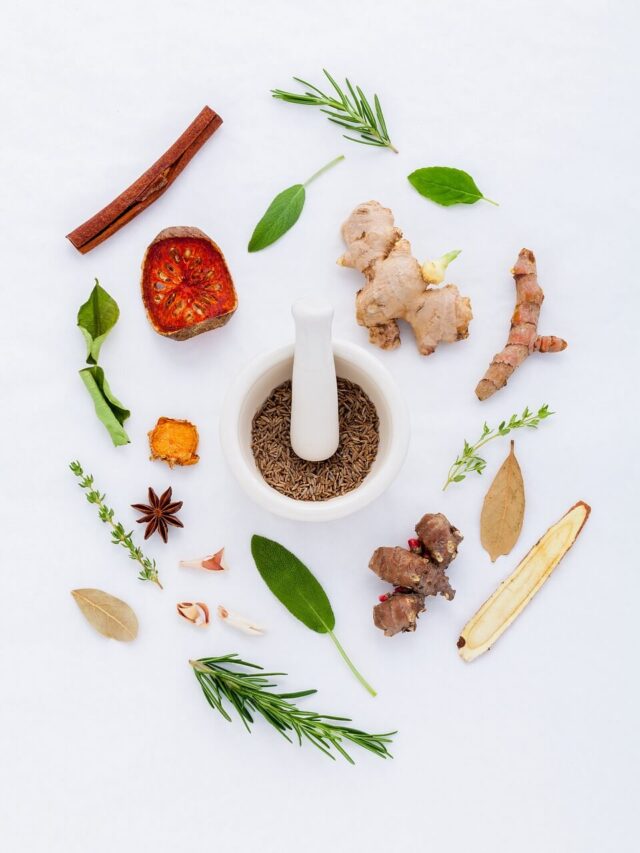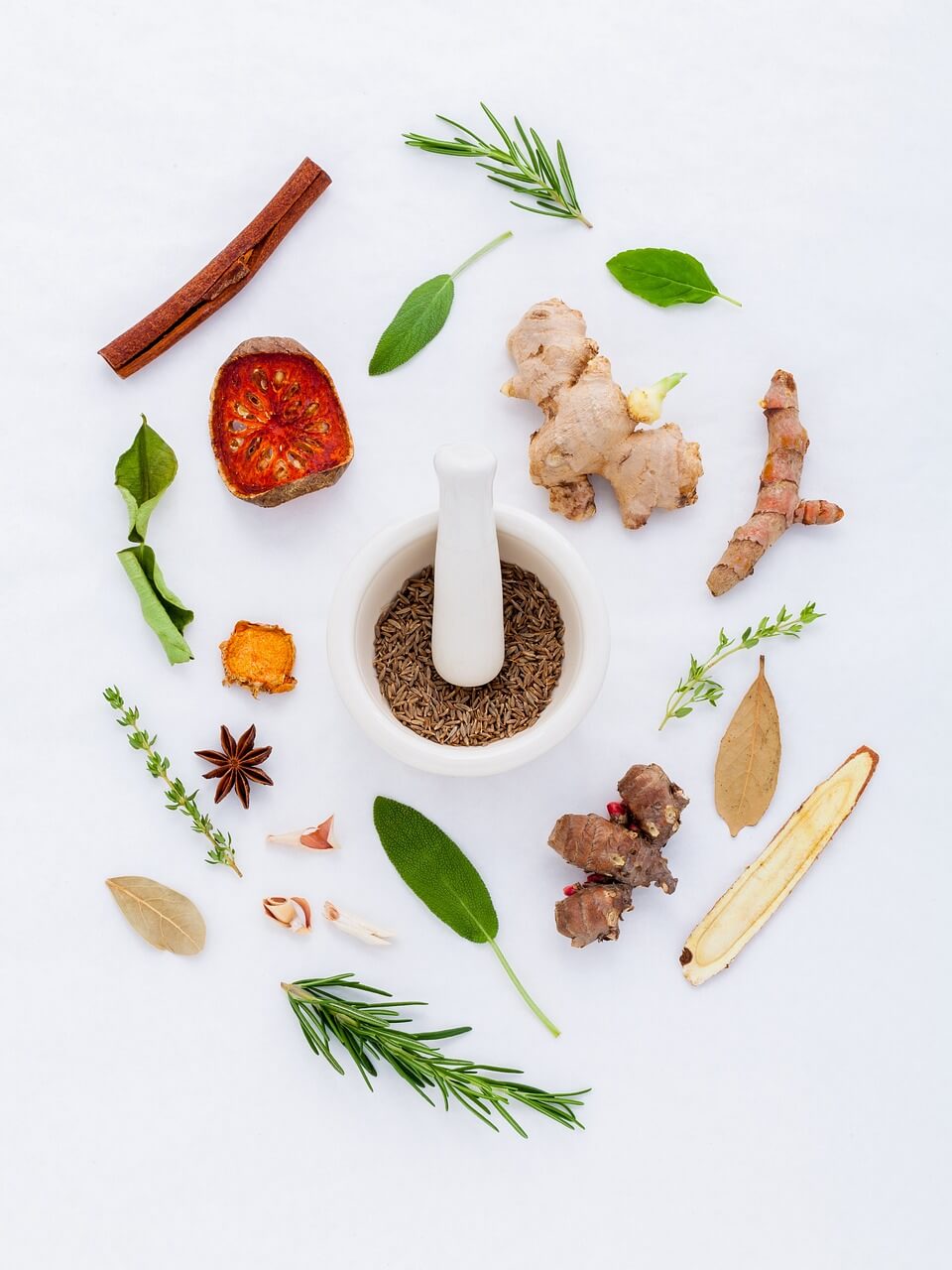5 Powerful Nutritional Benefits of Figs You Never Knew
5 Powerful Nutritional Benefits of Figs You Never Knew
The nutritional benefits of figs are far beyond their delicious taste, making them a true superfood for you.
When you include them in your diet, many health benefits await you.
Figs offer a sweet, unique, and chewy texture, filled with slightly crunchy and edible seeds.
Figs pack your diet with essential vitamins, minerals, and fiber, while also tantalizing your taste buds.
Figs are unique to the fruit of the ficus tree, which is part of the mulberry family (Moraceae).
It can be in different forms, it could be fresh or dried.
You can dry fresh figs because they are delicate and easily perishable.
You can enjoy dried figs throughout the year.
Figs contain natural sweeteners, and people often used them as a sweetener before refined sugar came.
When you take 30g serving of dried figs, you get the following:
- 68kcal/290KJ
- 1.1g protein
- 0.5g fat
- 15.9g carbohydrates
- 3g fibre
- 291mg potassium
- 75mg calcium
- 24mg magnesium
- 1.26mg iron
When you take 80g serving of fresh figs, it provides your body with the following:
- 34 kcal/148KJ
- 1g protein
- 0.2g fat
- 7.6g carbohydrate
- 1.6g fibre
- 160mg potassium
- 12mg magnesium
- 30mg calcium
- 120mcg carotene
An 80g serving of fresh figs, which is about two medium-sized fruits, is equivalent to 30g dried figs.
This also provides your body with good health benefits.
This article explores the 5 powerful nutritional benefits of fig and how you can include this amazing fruit in your diet.
How to Prepare Figs to Get the Nutritional Benefits of Fig
Knowing the nutritional benefits of figs is not enough.
Also understanding how to prepare it to achieve the health benefits of Figs is important.
You can eat it fresh as a snack, or halved and tossed into a salad.
You can also eat figs as a sandwich for added crunch and flavor.
Figs can be used as a sweetener for what you bake.
You can cut figs small and mix them into dough.
Figs can go with bread, cookies, and muffins, it’s left to you to decide what to eat it with.
You can also cut your figs lengthwise, then add honey and cinnamon, and roast them in the oven.
Leave it for 40 minutes to make a sweet dessert or delicious side dish.
The taste is amazing. You should give it a try.
When you eat fresh or dried figs, you will be free from bloating, bowel pain, and straining during bowel movement.
The 5 Powerful Nutritional Benefits of Fig
Figs have unique nutritional benefits that will make you include them in your diet.
They include:
Promote digestive health
A lot of people use figs as an alternative treatment to treat digestive problems like constipation.
It is usually prescribed for those who find it difficult to go to the toilet because of its fiber content.
This helps soften the stool, thereby decreasing constipation.
According to animal studies, eating fig fruit extract helps speed digestion through the digestive tract.
It reduces constipation and improves the symptoms of digestive disorders like ulcerative colitis.
A study carried out on 150 people who had irritable bowel syndrome with constipation (IBS-C) found that those who consumed about 4 dried figs (45 grams) twice daily experienced a significant reduction in symptoms of constipation.
They feel less bloated, have bowel pain, and have less straining of bowel movement.
It may improve vascular and heart health
Figs may help you improve your blood pressure and blood fat levels, which can decrease the risk of heart disease.
In a study on rats with normal blood pressure as well as bad elevated blood pressure.
The researchers discovered that fig extract decreased the participants’ blood pressure.
However, researchers need more human studies to better understand the relationship between figs and heart health.
Balances blood sugar
Figs may help keep blood sugar levels in the normal range.
The good thing is that you don’t even have to eat them to get this benefit.
A study showed that people with Type 1 diabetes who drank fig leaf tea daily experienced reduced blood sugar levels.
During the month they drank the tea, they reported a 12% drop in their insulin levels
The whole fig fruit is beneficial for people with Type 2 diabetes, who often experience health complications.
It may promote healthy skin
Figs may provide several beneficial effects for your skin, especially for individuals suffering from allergic dermatitis, which causes dry and itchy skin due to allergies.
In a study involving 45 children with dermatitis, researchers found that a cream formulated with dried fig fruit extract, applied twice daily for two weeks, proved to be more effective in alleviating dermatitis symptoms than the standard hydrocortisone cream.
Moreover, a combination of various fruit extracts, including fig extract, demonstrated antioxidant properties that can protect skin cells.
This reduces collagen breakdown and enhances the appearance of wrinkles in both test-tube and animal studies.
However, it remains challenging to pinpoint whether these positive outcomes were solely due to fig extract or other extracts.
Therefore, further research is essential to fully understand the impact of figs on skin health.
Helps Increase bone density
Figs contain both calcium and potassium, two essential minerals that work together to enhance your bone density.
This prevents you from developing conditions like osteoporosis, and arthritis.
Research has shown that a potassium-rich diet can greatly improve bone health by reducing bone turnover.
Meanwhile, calcium acts as an important structural component of bones.
Increasing calcium intake has been linked to stronger bone mineral structure, especially in children and adolescents.
How to add figs to your diet to Achieve the Nutritional Benefits of Fig
There are several ways you can add figs to your diet to achieve nutritional benefits.
These are the four main ways you can add figs to your diet to achieve the health benefits of figs:
- Fresh
Fresh figs are low in calories and can be used to make a great snack, and you can also add them to your salads or desserts.
A fig can be used to make fig jam from fresh figs.
- Dried
If you decide not to go with the fresh figs, you can opt for dried figs.
Dried figs are high in sugar and calories, so they should be eaten in moderation due to their excess sweetness.
Because of its excess sweetness, it is used as a home remedy to manage constipation.
- Fig leaves
You may also consider fig leaves, they may be difficult to find outside of specialty grocers, but fig leaves are nutritious.
You can use it in a variety of ways.
They’re often used the same way grape leaves are, as a wrap for dishes containing rice, meat, or others
- Fig leaf tea
Fig leaf tea is made from dried fig leaves.
You can decide to make your fig leaf tea yourself or go to a store to purchase premade fig leaf tea.
Conclusion on Nutritional Benefits of Fig
The 5 powerful nutritional benefits of figs you never knew highlight just how remarkable this fruit truly is.
With their unique flavor, chewy texture, and delightful crunch, figs are not only a delicious addition to your meals
.
They are also a nutritional powerhouse that can significantly enhance your health.
From promoting digestive health and improving vascular function to balancing blood sugar and offering skin benefits.
Figs are a versatile and beneficial fruit that deserves a place in your diet.
It doesn’t matter how you enjoy eating figs, fresh or dried, figs can be easily added to a variety of dishes.
This includes snacks, and desserts, making it simple to reap their health benefits year-round.
So, if you want to be a partaker of these powerful benefits, include figs in your diet today.


